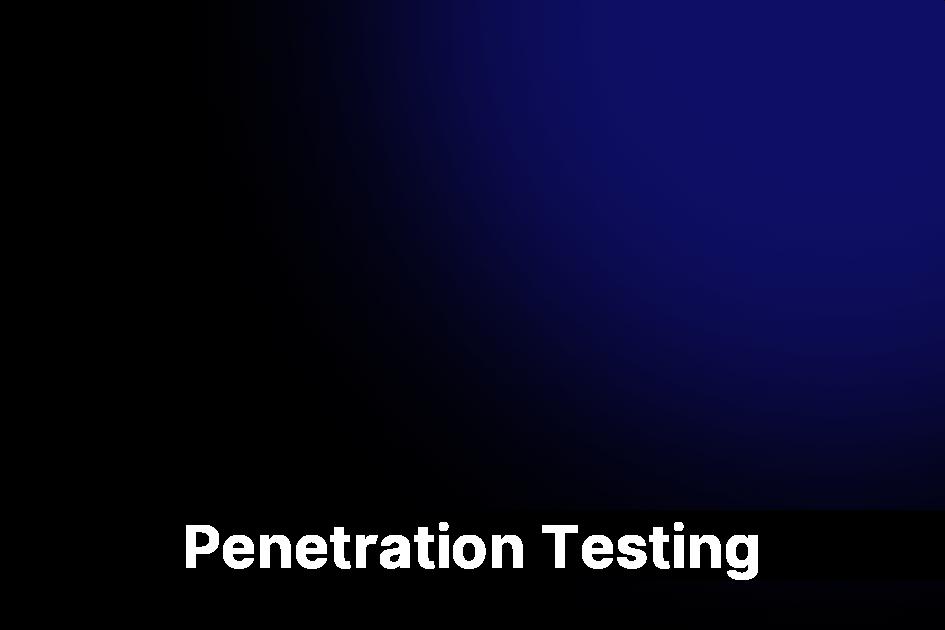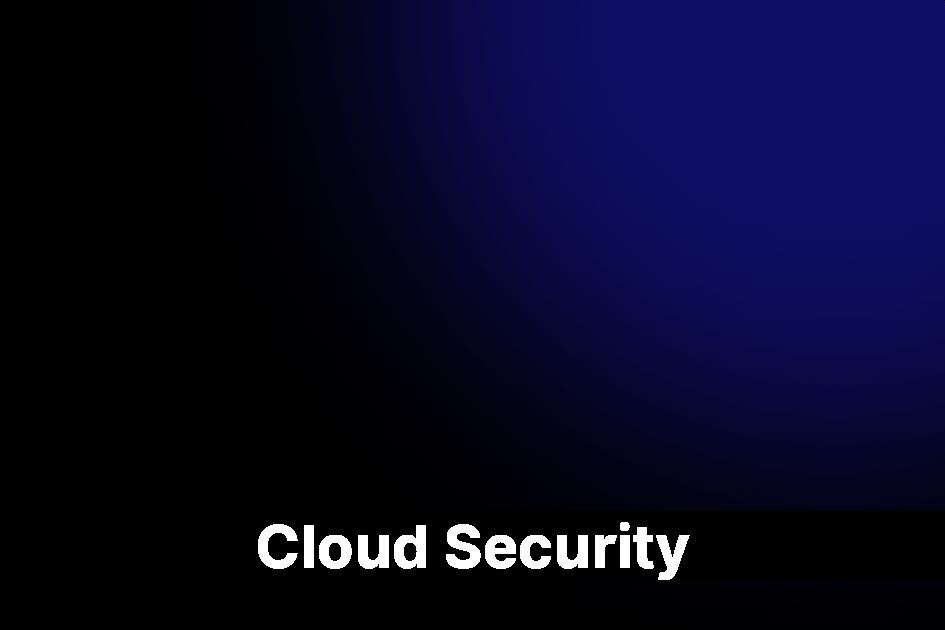Secret Management
Ngoc Vo
Dive into the essentials of secrets management and learn how to safeguard your organization’s sensitive data with our comprehensive guide on these solutions.
Secrets Management: A Comprehensive Guide to Securing Digital Credentials
Protecting sensitive data is a top priority for organizations of all sizes, and the need for robust secrets management has never been more pressing.
This guide will help you comprehend the fundamentals of managing sensitive digital assets and demonstrate how proper secrets management can improve your organization’s security.
What are Secrets?
Secrets are digital credentials that enable access to critical systems, data, and resources. These digital keys can unlock valuable information, making them highly coveted targets for cybercriminals.

These secrets come in various forms, each serving a specific purpose within an organization’s security infrastructure:
Common Challenges in Managing Secrets
Managing credentials and secrets can be a daunting task without the right tools in place. Here are the key challenges that organizations face when trying to manage secrets effectively.
Secrets Sprawl
Secrets have a tendency to spread across various systems, applications, and environments within an organization. API keys could be stored in multiple repositories or configuration files, while many developers may need to use the same password to access a code repository.
This can make it difficult to keep track of them all and even harder to ensure they are all properly secured.
Fragmented Control
In many organizations, there is no centralized system for managing secrets. This results in fragmented control, where different teams and departments handle secrets in their own way.
A developer might store their secrets in a text file on their local machine, while an administrator might use a shared spreadsheet. The lack of consistency makes it challenging to enforce security policies and maintain oversight.
Remote Access

As remote work becomes more common, securing remote access to secrets becomes increasingly important. However, this can be a complex task, particularly when dealing with a large number of remote employees or third-party contractors.
Prevalent Bad Habits
Many organizations still struggle with widespread bad habits when it comes to managing secrets.
Their employees may keep sharing passwords through email or chat, using weak or default passwords, and hardcoding credentials directly into code. These practices can lead to security vulnerabilities and unauthorized access.
Lack of Visibility
Without a centralized system for managing secrets, organizations often lack visibility into their situation.
This makes it difficult to identify potential risks, monitor usage patterns, and detect any unauthorized access attempts. For instance, it’s hard to spot a compromised API key if there’s no way to track when and where it’s being used.
Difficulty in Collaboration
Collaborating securely on projects that involve sensitive data and secrets can be challenging.
Sharing credentials between team members, implementing role-based access control, and tracking changes to secrets can be difficult without a dedicated secrets management solution.
Difficulty in Automated Processes
Organizations increasingly rely on automated processes for tasks such as deployment, testing, and monitoring.
However, securely managing secrets within these processes can be a challenge without the right tools in place. For example, embedding credentials into scripts for automation purposes can lead to security vulnerabilities if not managed correctly.
What is Secrets Management?

Secrets management refers to the centralized handling of digital credentials, like API keys and passwords, within an organization. This approach utilizes dedicated tools and systems to manage secrets securely and efficiently, streamlining the process of storing, accessing, and distributing sensitive information.
Common functions and features of typical secrets management solutions include:
Common Use Cases of Secrets Management
Strengthening CI/CD Pipelines
CI/CD pipelines involve a series of interconnected stages, from pulling code from repositories to deploying it on production servers. Each stage may require specific credentials, such as repository access tokens, cloud service API keys, or deployment platform secrets.
A secrets management solution integrated into CI/CD workflows ensures that only authorized pipeline stages access the necessary secrets, preventing unintended exposure.
It also simplifies the process of managing and updating credentials when needed, making the pipeline more resilient to potential security incidents.
Protecting Containers
In containerized environments, applications often consist of numerous microservices, each requiring access to different sensitive resources like databases, message queues, or external APIs.
Secrets management tools help distribute and manage credentials securely across these microservices, making it easier to authenticate and authorize their access.
Additionally, they offer the ability to enforce granular access controls, which is particularly useful when dealing with ephemeral containers that scale up and down dynamically.
Secrets Management in Scalable Systems
In fast-growing systems with numerous services and components, centralizing the storage and access of sensitive information is crucial.
Secrets management enforces consistent security policies across expanding infrastructures. Automated secrets rotation and expiration features enhance security, reducing the time window for attackers to exploit compromised credentials.
Compliance and Auditing
Organizations in regulated industries must comply with strict security and data protection standards. These regulations typically require businesses to demonstrate proper handling of sensitive information.
Secrets management’s extensive auditing and monitoring capabilities enable them to maintain an audit trail of secrets access. They provide valuable insights into who accessed which secrets, when, and from where.
This level of visibility is crucial for meeting regulatory requirements and demonstrating a proactive approach to data security during audits.
Importance of Secrets Management Tools
These solutions directly address many of the challenges organizations run into when managing secrets.
For starters, centralized control helps prevent secrets sprawl and fragmented oversight. These solutions enable secure remote access, ensuring that employees can work from anywhere without compromising security.
They also promote better habits among staff by encouraging the use of strong, unique passwords and eliminating the need for insecure sharing methods or hardcoding credentials.

Additionally, secrets management tools offer enhanced visibility and auditing capabilities, allowing organizations to monitor and track the usage of sensitive information. This level of oversight helps identify potential security risks and enables swift remediation.
These solutions also simplify collaboration by facilitating the secure sharing of secrets between teams and departments. By automating processes like secrets rotation and expiration, they further strengthen an organization’s security posture and minimize the risk of unauthorized access.
All in all, secrets management solutions are crucial for maintaining security, efficiency, and compliance. They help solve the common issues associated with managing sensitive digital credentials within an organization.
Best Practices in Secrets Management
Achieving the full potential of secrets management requires a strategic approach. By following these best practices, organizations can create a robust, secure environment for their sensitive data:
Secure Your Secrets with CyStack
Secrets management solutions hold the key to protecting your organization’s sensitive assets. By implementing effective management strategies, you’ll not only enhance your organization’s security posture but also foster a culture of vigilance and responsibility.
If you’re seeking assistance or expert guidance, CyStack is here to provide you with customized security services and solutions. Contact us to see how we can support your secrets management efforts.


